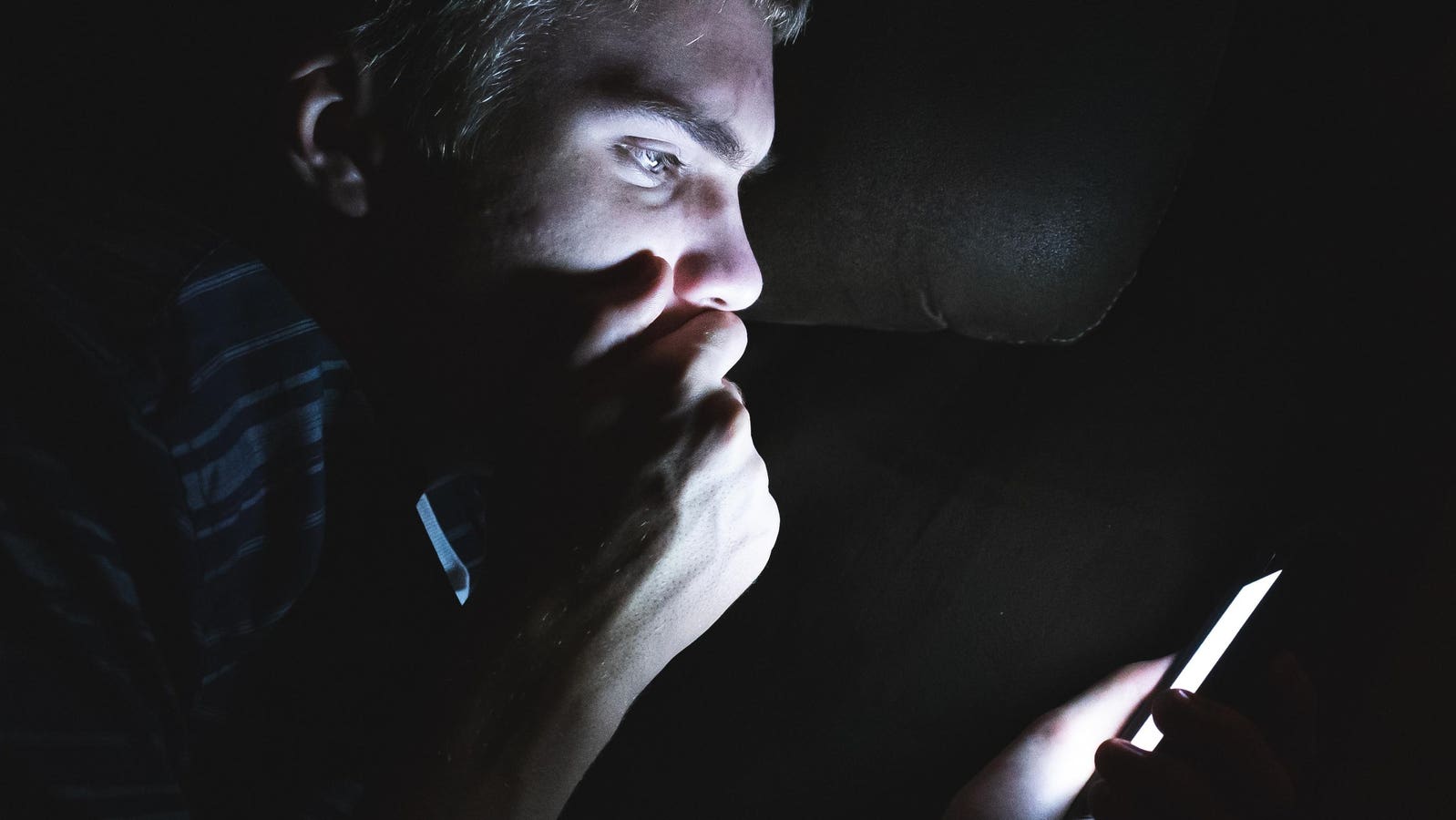UNITED STATES – FEBRUARY 01: By Trillium (Photo by Karen Radkai/Conde Nast via Getty Images)
We live in a culture that rewards overachievement but often overlooks the importance of rest. But here’s the truth: sleep is not a luxury. It’s a biologically encoded necessity, essential for emotional resilience, cognitive clarity, long-term health and sustainable well-being.
And the science has never been more unmistakable about just how much of it we need and why too little or too much can quietly sabotage health from the inside out.
The Goldilocks Zone: 7–9 Hours
The current consensus among sleep scientists is that most adults thrive with 7 to 9 hours of sleep per night. This range supports, among other things, emotional regulation, memory consolidation, metabolic balance, and immune function. Falling short of this range, even by an hour or two, has been linked to an increased risk of cardiovascular disease, obesity, anxiety and even cognitive decline.
But more isn’t always better. Oversleeping, particularly beyond nine hours, may signal underlying health issues like depression, hormone imbalance, inflammation or fragmented sleep cycles. To date, a recent clinical review has found that individuals consistently logging long sleep durations score lower on cognitive assessments, especially when combined with mood imbalances or sedentary lifestyles.
The key lies in consistency and quality, not just clocking hours.
What Happens When You Don’t Sleep Well
Sleep deprivation may feel subtle at first: an extra cup of coffee, some brain fog and mood shifts, but its impact undoubtedly accumulates fast. Even short-term sleep loss increases inflammatory markers, disrupts blood sugar regulation and impairs the prefrontal cortex, which governs decision-making and impulse control.
In one analysis, participants who slept less than six hours for several nights experienced hormonal changes that increased appetite, decreased insulin sensitivity and elevated cortisol levels (the stress hormone that, in excess, can impair immunity and gut function).
These changes can contribute to a range of issues, from weight gain to emotional reactivity, even after just a few nights of poor sleep. Simply put, when sleep is sacrificed, the entire system becomes unbalanced.
Culture Influences Sleep—But Biology Still Calls the Shots
Sleep is deeply subjective yet also shaped by cultural criteria and lifestyle strains. A global study published in the Proceedings of the National Academy of Sciences showed how sleep patterns vary across countries based on work demands, societal expectations and screen exposure. However, regardless of culture, the body’s biological need for profound, consistent rest remains unchanged.
Circadian rhythms, our internal clocks, are guided by light exposure, hormonal cycles and behavioral cues. Disrupting this rhythm with erratic sleep schedules, exposure to blue light at night, or inconsistent wake times can desynchronize the brain and body, leading to grogginess, mood fluctuations, and metabolic dysfunction, among other issues.
Hence, regardless of where you live or how hectic your daily routine is, biology has its boundaries.
A Personalized Sleep Strategy That Actually Works
There is no single “perfect” or generalized bedtime routine that works for everyone, but there are indeed universal habits that, when combined into a healthy daily lifestyle regimen, may improve sleep efficiency, quality, longevity and depth. Here are some sleep-induced strategies you can incorporate for a better wink:
- Honor Your Rhythm: A long-time adage, try to go to sleep and wake up at the same time, even on weekends. This anchors your circadian clock and can enhance hormonal harmony.
- Create a Sleep-Smart Ecosystem: Think calm, dark and quiet. Temperature matters more than most people realize, so aim for a temperature of 60–67°F, if feasible.
- Limit Stimulation After Dusk: Reduce blue light exposure and avoid stimulating content at least 60 minutes before bed. Read something soothing, listen to music, but most importantly, let your body and mind properly wind down.
- Be Mindful With Substances: Caffeine, alcohol and even certain supplements can affect your sleep onset and REM cycles. Pay attention to timing and dosage, and consult your primary health provider for proper guidance.
- Track Without Obsessing: Devices can offer insight, but sometimes, listening to how you feel and tapping into your bodily cues more than what your wearable tells you might be invaluable. Overall energy levels, mood, and mental sharpness are powerful indicators of sleep quality.
If you’re doing everything right but still feel drained, it’s worth consulting your healthcare provider or a sleep professional to rule out hidden, disruptive causes, such as sleep apnea, hormonal imbalances, or chronic stress patterns.
Final Thought: Sleep Is a Form of Biological Acumen
Rest is not a reward. It’s a non-negotiable function of optimal human performance. Sleep supports virtually every central system in the body, from memory consolidation and emotional regulation to immune function and metabolic health. Neuroscientists now consider sleep a cornerstone of neuroplasticity, the brain’s ability to adapt and reorganize in response to experience.
In essence, to sleep well is to engage in strategic self-regulation. Consistently prioritizing sleep is one of the most evidence-based actions you can take to support mental clarity, physical resilience, emotional stability, and long-term well-being.
So the next time you’re tempted to push through exhaustion, consider this: safeguarding your sleep isn’t just about energy tomorrow. It’s a long-term investment in the health of your brain, body and relationships at large.








